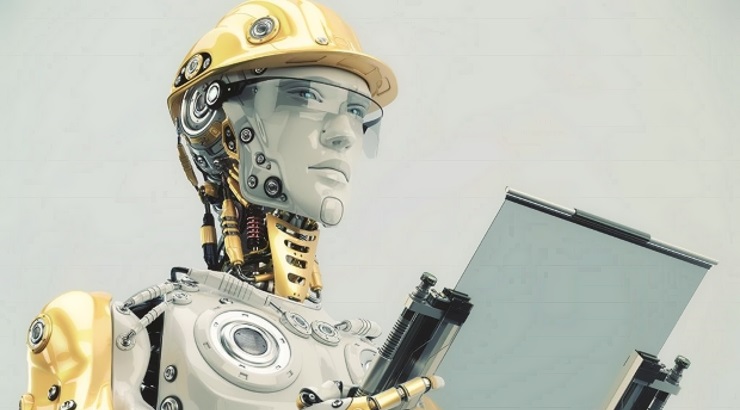Industry News
New technology could wipe out 600,000 construction jobs
600,000 of the 2.2 million builders’ jobs in the United Kingdom could be automated by 2040.

Advances in robotics and automation technologies will result in the loss of 600,000 construction jobs in the next two decades in Britain alone, in what is now largely referred to as the “fourth industrial revolution”.
A report by London-based engineering giant Mace has predicted that 600,000 of the 2.2 million builders’ jobs in the United Kingdom could be automated by 2040 – driving many workers into joblessness.
According to the study, bricklaying will be the most affected job category, with the number of bricklayers in the UK expected to fall to just 4,300 from the current 73,000 in 2040.
The number of carpenters and internal fitters is expected to tumble to 15,500 from the current 263,000. By 2040, the number of painters and decorators in the UK is expected to fall from 111,000 to just 6,500.
Mace says that, although machines will initially cause massive job losses due to automation, they will also increase safety and speed up projects while creating new roles such as computer programmers.
Mark Reynolds, chief executive of Mace advised the construction industry players to adapt to these changes or face a very difficult future.
“Everyone acknowledges the current skills shortages need to be addressed. Our research highlights the opportunities offered by the digital revolution,” he said.
READ: How technology is transforming construction industry
Interestingly, output per construction worker has been flat over the past decade compared to a 30 per cent enhancement in services and a 50 per cent growth in manufacturing. As a result, manufacturing companies are increasingly investing in robotic builders.
In July, for example, construction giant Caterpillar announced that it had created a robot that could build a house in 48 hours. The giant robot that can lay 1,000 bricks an hour – sticking them into places as it goes – is only months away from appearing on construction sites.
“’We are a frontier company, and we are one step closer to bringing fully automated, end to end 3D printing brick construction into mainstream,” Mike Pivac, chief executive of Fastbrick – the company behind the technology, said in a press interview.
READ: Kenyan builders urged to embrace Brazilian technologies
According to Mr Pivac, bricks are fed onto a conveyor belt that travels along a telescopic boom. The bricks move along the boom and are grabbed by a ‘hand’ that lays them down in sequence.
The whole process is automated and all the necessary building products are added without the intervention of human hands.
– Originally published on November 1, 2017.












